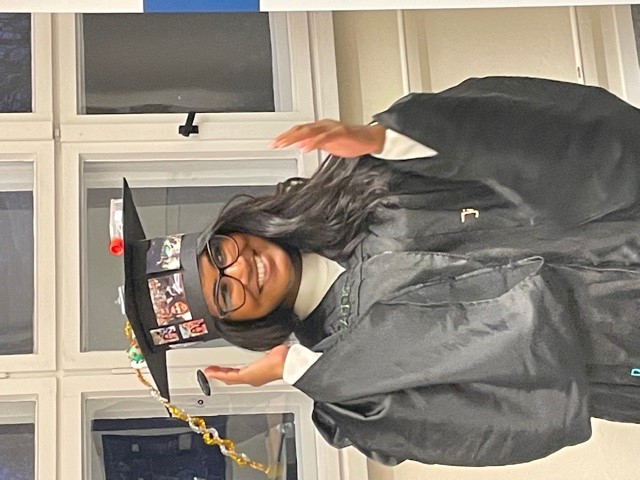For the seminar on the 21st of September Mădălina Giurgiu invited Evangelia Petsalaki to talk about her research. If you are interested in joining write an e-Mail to compcancer at charite dot de to receive the zoom link.
Data-driven approaches towards studying context-specific cell signalling
Our group aims to understand and describe the organisation principles of cell signalling that allow the diverse and context-specific cell responses and phenotypes.
It is well established that signalling responses happen through complex networks. However, most signalling research still uses linear pathways as the ground truth. Moreover, signalling responses are highly dependent on context, such as tissue type, genetic background etc and therefore these static pathways are not always suitable. There is also a high bias in the literature towards kinases and pathways for which reagents and prior knowledge is readily available. This leaves a huge dark space in our understanding of cell signalling and significantly hinders studies of its general principles.
In this talk I will present two projects where we try to mitigate some of the above issues. For the first one I will present CEN-tools, an integrative webserver and python package, that allows users to navigate the contexts of different gene essentialities. I will demonstrate examples of its use in discovering new gene-gene relationships and important putative signalling targets for different cancers. I will also describe an extension of this project whereby we have developed a linear model to deconvolute the effect of different tissue types and driver cancer mutations on context specific essentiality. For the second one I will present a method that combines paired transcriptomics and imaging data to extract context-specific signalling networks, with the context in this case cell shape in breast cancer. The method is generalisable to any paired transcriptomics/phenotype data.
Short biography of Evangelia Petsalaki
I am originally from Athens Greece, where I also completed my undergraduate degree in Biology at the University of Athens, with a thesis on using neural networks for the prediction of protein subcellular location. I then moved to the EMBL in Heidelberg, where under the supervision of Rob Russell I did a PhD (2009) on structural bioinformatics predicting peptide binding on protein structures. My postdoc was done under the supervision of Tony Pawson and Fritz Roth where I worked on a diverse array of projects from Rho signalling, proteomics, phosphoproteomics to yeast genetics. Since 2017 I am a group leader at the EMBL-EBI and my group focuses on the study of the principles underpinning context specific cell signalling responses in humans.

 On November 23rd 2021, Tincy defended her thesis “An Integrative Genetic, and Epigenetic Characterization of Pancreatic Neuroendocrine Neoplasms (PanNENs) defines Distinct Molecular Features of Endocrine- and Exocrine-like Subgroups”.
On November 23rd 2021, Tincy defended her thesis “An Integrative Genetic, and Epigenetic Characterization of Pancreatic Neuroendocrine Neoplasms (PanNENs) defines Distinct Molecular Features of Endocrine- and Exocrine-like Subgroups”.